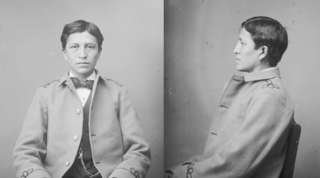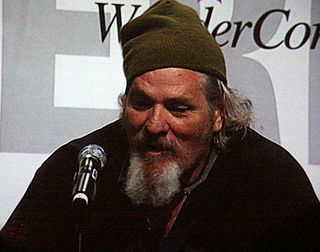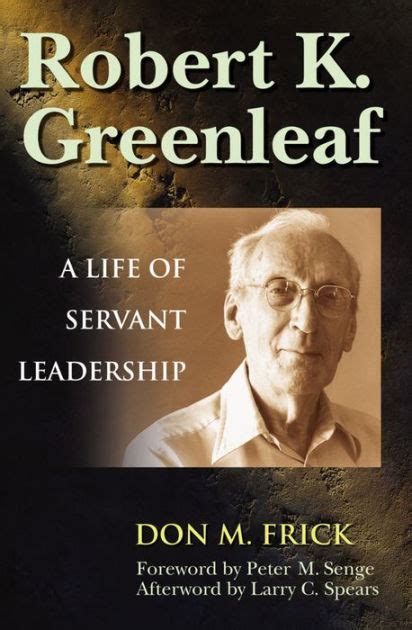A Quote by Hugh Leonard
Sometimes silence resolves a conversation confused by Mad Misconstruction.
Quote Topics
Related Quotes
Conversation was never begun at once, nor in a hurried manner. No one was quick with a question, no matter how important, and no one was pressed for an answer. A pause giving time for thought was the truly courteous way of beginning and conducting a conversation. Silence was meaningful with the Lakota, and his granting a space of silence to the speech-maker and his own moment of silence before talking was done in the practice of true politeness and regard for the rule that, "thought comes before speech."
This conversation with the audience has been going on since, what, '72, '73... Sometimes it's like a conversation after dinner with friends. You're in a restaurant, and you got there at 8 o'clock. Suddenly, you realize it's midnight. Where did the time go? You're enjoying the conversation. It's sort of a natural, organic conversation.
My basic political philosophy is, I ain't mad at that. Which basically means I don't have to have a strong opinion about everything. I'm too tired most of the time. Why do I have to take a stand on everything? Sometimes I'm just not mad at it. Like, What do you think about gay marriage? I ain't mad at you, you're gay and you're married: I ain't mad at you, go do it.
One must not be afraid of a little silence. Some find silence awkward or oppressive. But a relaxed approach to dialogue will include the welcoming of some silence. It is often a devastating question to ask oneself, but it is sometimes important to ask it - 'In saying what I have in mind will I really improve on the silence?





































